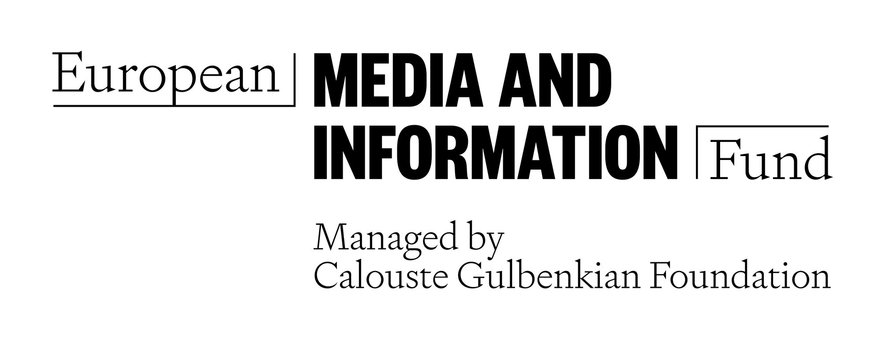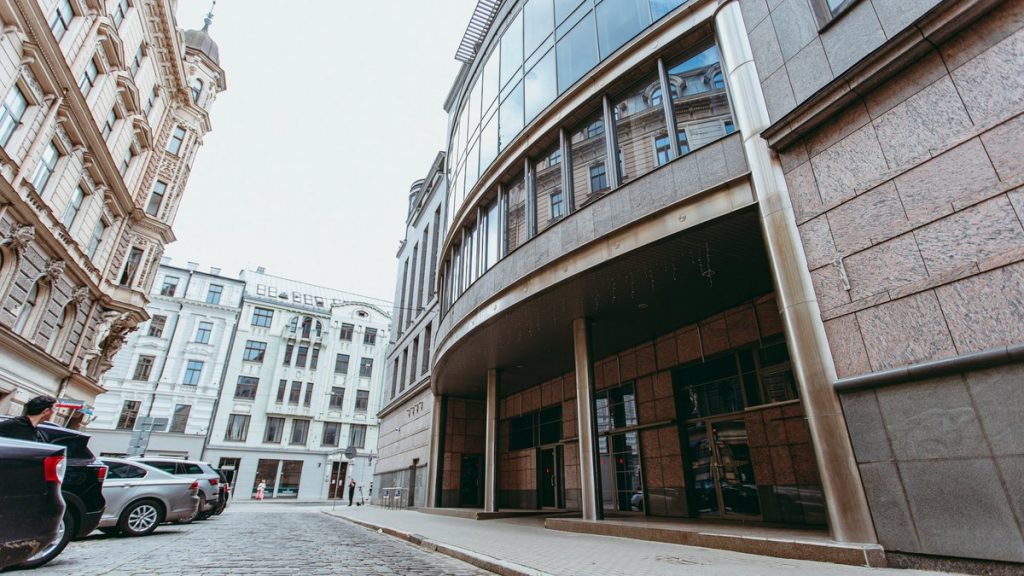Māris Cepurītis, Director and researcher at the Centre for East European policy studies
Since Russia’s open and massive invasion of Ukraine in February 2022 and the subsequent sanctions against Russia, the question of what to do with Russian properties abroad and whether they can be used to support Ukraine has become a pressing issue. Calls for these properties to be taken over from Russia and redirected to support Ukraine have been making the rounds in Western societies. This is a morally and politically supportable step, but its practical implementation must take into account the need to respect the rule of law in order to reduce the chances of appeals. This is why there have not been too many cases of Russian properties being taken over internationally. In this context, the transfer of the so-called “Moscow House” to the Latvian state and the Russian reaction to this step is a special case.
The so-called “Moscow House” was officially opened at the end of May 2004, one month after Latvia became a member of NATO and the EU. Legally, the “Moscow House” belonged to the Property Department of the City of Moscow. Still, in practice it was seen as a point of representation of Russian interests, working extensively in support of Russian “compatriot politics” and the shaping of historical memory, according to the official Russian interpretation of history. On the 20th of January 2024, a law came into force in Latvia, transferring the building of the “Moscow House” into the ownership of the Latvian State, thus ending its almost 20-year-long activity.
Given Russia’s loud reaction to virtually any action that undermines its influence abroad, the takeover of Moscow House has also come to the attention of Russian propagandists, officials, and even Vladimir Putin. Between the adoption of the law by the Parliament on 11 January 2024 and its announcement on 19 January, Putin issued an order allocating additional funding for the legal protection of Russian and USSR property abroad. The issue of the order demonstrates Russia’s readiness to legally challenge the expropriation of its property abroad, as well as a signal that there may be other cases after the “Moscow House”.
The representative of Russia’s Ministry of Foreign Affairs Maria Zakharova described the plans of Latvian state institutions in a harsher way. On the 21st of December, the Latvian State Security Service searched the “Moscow House” on suspicion of violating EU sanctions, removing a large amount of data storage devices and documents. Zakharova called the actions taken by Latvian law enforcement institutions a “raider-like invasion” and “state vandalism”. When the Latvian Parliament adopted the law on the takeover of the “Moscow House”, direct threats were already made, stating that such a step by Riga would lead to a strong and painful step by Russia towards Latvia and that all responsibility, including material responsibility, should be taken by the Latvian state and its leadership.
The topic of the “Moscow House” returned to the information space at the end of August, when the Latvian-owned building was put up for auction. Again, the representative of the Russian Ministry of Foreign Affairs warned the Latvian state and especially potential buyers of the consequences, as well as the fact that the property had been seized by a Russian court and could not be transferred to third parties. The auction would have negative legal consequences for both the Baltic [in the statement the word “прибалтийских” is used] governments and the successful bidders. Zakharova stresses that Latvia’s actions constitute “state-level raiderism” and that Russia considers them a grave violation of international law.
The auction for the former “Moscow House” building ended on the 19th of September without a result. Commenting on the outcome of the auction, the Russian Embassy in Latvia described it as a natural outcome and that the potential buyers had taken into account the significant legal risks and reputational damage if they were to acquire the Russian property. While Riga looks for new buyers, Latvian taxpayers will have to pay for the upkeep of the building, wasting funds that could be directed to the well-being of the residents.
The lack of a buyer for the former “Moscow House” building gave Russian propagandists the opportunity to challenge the validity of the expropriation decision itself, as well as to point to the alleged inability of Latvian state institutions to perform simple tasks. The lack of a buyer is also attributed to Russia – that its legal and reputational threats were what deterred potential buyers from purchasing the building.
According to the “State Real Estate”(“Valsts nekustamie īpašumi”), a new auction will be organised for the former “Moscow House” building, with a potentially reduced price (previously the price was 3.57 million EUR). With this, it is expected that Russian activities will continue.
The takeover of the “Moscow House” by the Latvian state is important for Russia not only in the Latvian context but also in the international context. In Latvia, the “Moscow House” has been working for almost 20 years to support Russia’s foreign policy goals, which are primarily aimed at maintaining and supporting the Russian language, culture, and certain historical beliefs, as well as the so-called “compatriots”. Other countries also tend to set up networks of cultural and educational representations abroad, but the principles of their work are aimed at building mutual understanding, not at dividing and directly increasing influence, as in the case of the “Moscow House”.
Auctioning the former “Moscow House” building and diverting the funds to support Ukraine is also a morally responsible step, showing that Russia’s assets cannot enjoy protection in the West while it is targeting Ukraine’s people and infrastructure. In February this year, an assessment by the World Bank, the European Commission, the Ukrainian Government, and the United Nations estimated the cost of rebuilding Ukraine over the next ten years at around 486 billion USD. With the Russian attacks continuing since February, costs are expected to rise further. In such a situation, the sale of “Moscow House” and the potential 3.57 million EUR is a relatively small financial boost for Ukrainians but could serve as a potential precedent and perhaps even an instruction to other countries to adopt similar measures against Russian properties.
There are currently a small number of cases where Russian assets are being diverted to support Ukraine, such as the Canadian government’s diversion of 26 million USD in seized funds and other assets from oligarch Roman Abramovich’s company. Within the EU, there have been active discussions on the diversion of Russian state property, primarily assets, to the reconstruction of Ukraine. The EU currently has more than 300 billion EUR of Russian Central Bank funds frozen and has currently agreed only to redirect asset profits to Ukraine.
Given the slow progress in taking over Russian properties abroad and the difficult discussions in the countries, the case of the “Moscow House” is important because it shows other countries how the diversion of Russian assets to the reconstruction of Ukraine can be practically implemented while increasing pressure on other Western governments to find similar solutions. The risk that Latvia and some other countries will follow suit explains Russia’s aggressive stance on the takeover of the “Moscow House” building into Latvian state ownership, as this issue is only partially related to Russian influence in Latvia, but has the potential to serve as an example for other countries’ decisions on what to do with Russian property, so Russia is ready to use both threats against countries and businesses, and legal instruments to avoid losing the “Moscow House”.
* Material first published on Delfi.lv
* The creation of this fact-checking material was funded by the European Media and Information Foundation, managed by the “Calouste Gulbenkian Foundation”.

